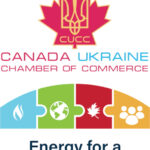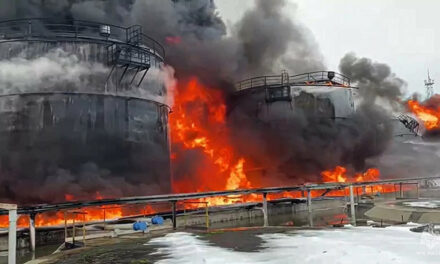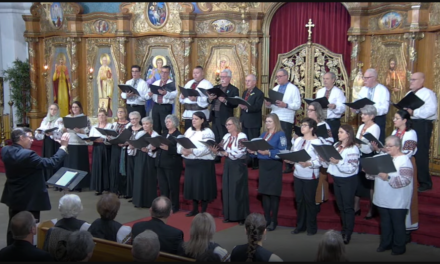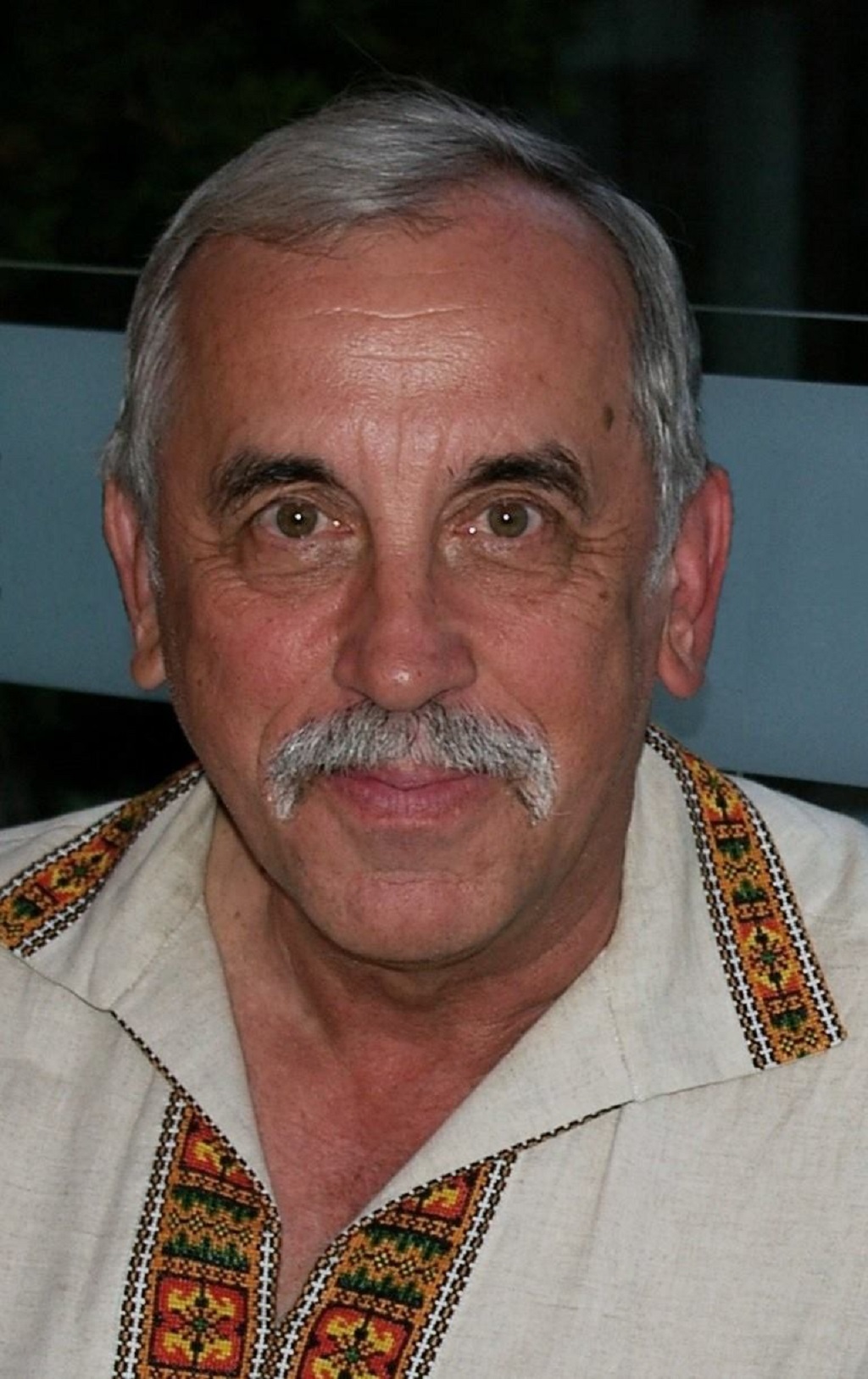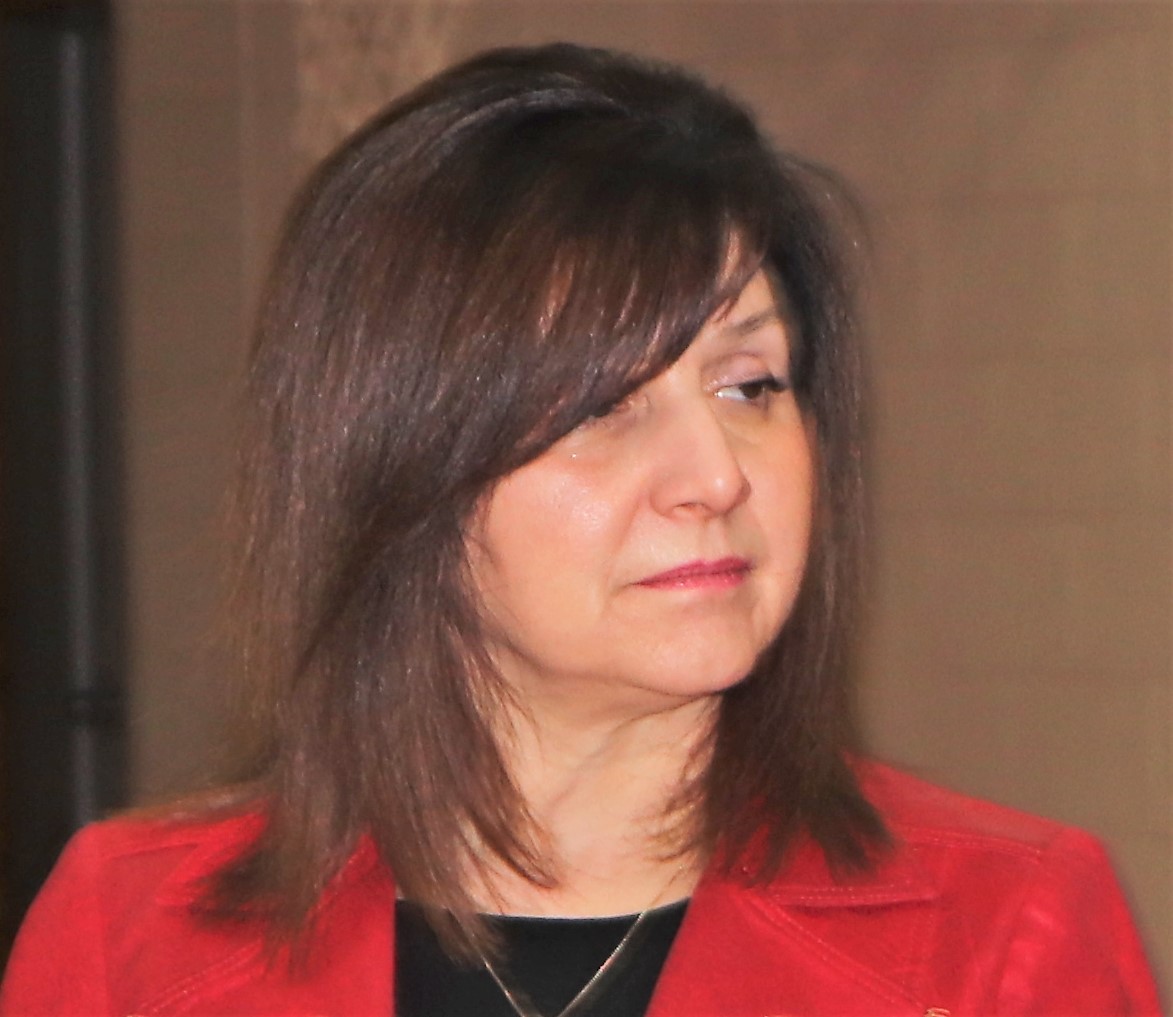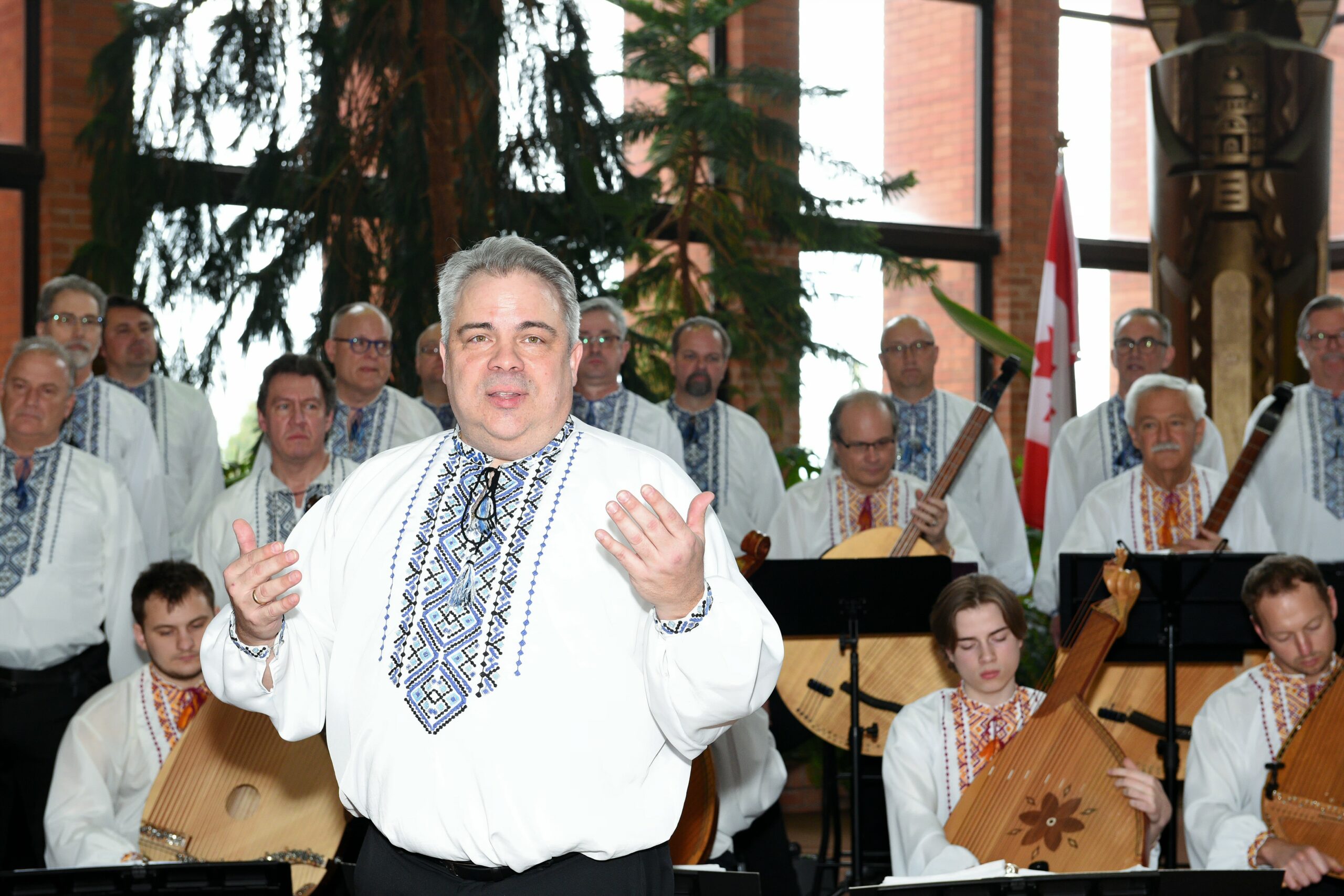Volodymyr Kish.
The Remembrance Day we celebrate each November to commemorate the end of perhaps the most needless and destructive war in human history holds a special place in my memories. That is mostly due to the fact that my father was a Canadian Army war veteran, and when I was a child, I remember him marching every Remembrance Day in the memorial parade down the main street of our town, with his war medals and ribbons proudly arrayed on his chest. True, he was a veteran of World War II, and not the “Great War” that Remembrance Day commemorates; nonetheless, to him, remembering the consequences of war, of any and all wars, was the important thing. He had seen it firsthand and felt it vital that we all recognize the fragility of peace in our lives, and the price to be paid for failing to keep it.
His ongoing dedication to observing this annual ritual, has led me for most of the past decade to participate in the Remembrance Day ceremonies in Oshawa where I live by laying a wreath at the war memorial on behalf of the city’s Ukrainian community. Ukrainian Canadians have played a significant role in serving in the Canadian Armed Forces during all of Canada’s conflicts over the past century. They have served, sacrificed and died in numbers disproportionate to our actual percentage of the Canadian population.
I count amongst my Ukrainian friends, many who have served with distinction in Afghanistan, in the Middle East, and in various United Nations peace-keeping assignments. Some are still paying the price with physical and mental health issues, including PTSD. War is hell, and we should keep in mind that Remembrance Day was never meant to glorify war or the military, but rather to force us to acknowledge our moral and ethical failings that throughout the course of history have led to so much death and destruction.
Remembrance Day as we know it in Canada has been around since 1931, succeeding the previously observed Armistice Day which was first initiated in the United Kingdom in 1919. It is tragically ironic that remembrances of the “War to End all Wars”, did little to prevent the next world war that broke out two decades later. In fact, the Treaty of Versailles, signed in June of 1919, which officially ended the hostilities, virtually guaranteed another major conflict. The treaty was a vengeful and punitive document that not only created deep and bitter resentment among the defeated German, Austrian and Ottoman populations, but also inflicted much collateral damage to countless smaller countries and ethnic populations who were victimized by the victorious great powers in the redrawing of borders not only in Europe, but throughout the world.
One of these collateral victims was Ukraine, whose hopes for independence following the Bolshevik Revolution, collapsed because of the terms of the treaty. Not only did the power brokers in Versailles ignore Ukrainian pleas for recognition, two of its terms proved fatal to Ukraine’s aspirations. The first of these was the fact that the treaty re-created a Polish state, a key chunk of which was what we now know as Western Ukraine. The Second was that the treaty obliged the Austrians to withdraw its forces and support of the newly formed and struggling Ukrainian government. This support was crucial in helping the Ukrainians fend off the Russian red army who was seeking to restore its control of Ukraine. Subsequent to the Austrian withdrawal, Ukraine was overrun by the Bolsheviks and once again became a submerged nation under Russian Communist dictatorship.
There were, of course many other victims of the Versailles Treaty, and the aftereffects and dire consequences of it continue to this day. Almost all the conflicts in the Middle East today can be traced back to the arbitrary drawing of borders and creation of artificial countries, the reasons for which had little to do with the ethnic realities of the region, but rather served to benefit the victorious Allied powers who were seeking control of the oil-rich Arabian peninsula. The horrors that took place in recent decades upon the dissolution of Yugoslavia can also be ascribed to the failure of the Versailles powers to properly recognize ethnic aspirations in the Balkans. The shockwaves stretched even further into Africa and Asia, as the dissolution of empires created power vacuums to be egregiously exploited.
The one key lesson to be learned from all that followed the end of World War I, was that the only thing more destructive and evil than a pointless and unnecessary war, is a vengeful, ill-conceived and executed peace.
Share on Social Media














